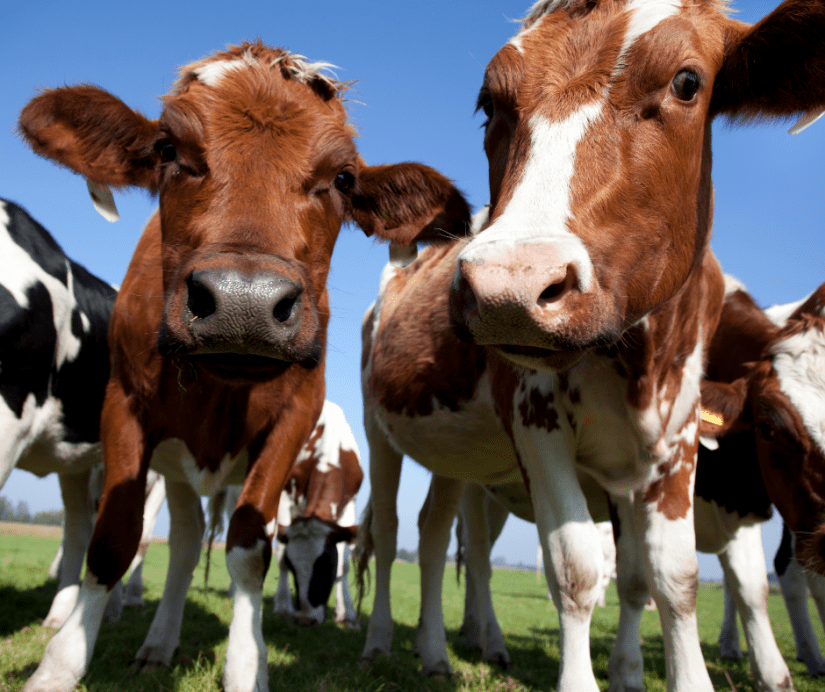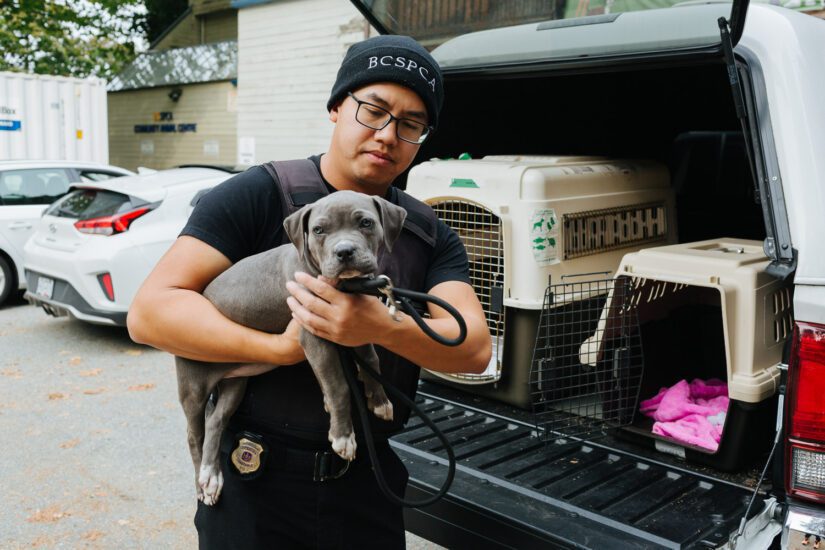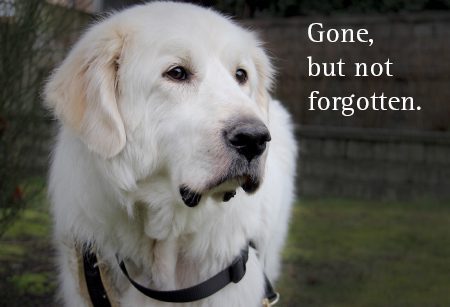Animal protection
The BC SPCA believes that all animals should enjoy, as a minimum, five essential freedoms, which were first described by the Farm Animal Welfare Council of the UK:
- Freedom from hunger and thirst
- Freedom from pain, injury and disease
- Freedom from distress
- Freedom from discomfort
- Freedom to express behaviours that promote well-being

What does animal welfare mean?
The objectives of the BC SPCA are to prevent cruelty and to promote the welfare of animals. Animal welfare means an animal’s quality of life, and it is affected by animals’ physical health and the feelings they experience.
Animals experience good welfare when they are able to experience positive feelings (arising from pleasurable activities and the fulfillment of behavioural needs) and when they are free from poor physical health and negative feelings (such as pain, discomfort, hunger, thirst, fear and frustration).
Animals that are healthy, pain-free, comfortable and unstressed are said to have good welfare.

B.C.’s Prevention of Cruelty to Animals Act (PCA Act) outlines generally accepted practices of animal management as a reason by which distress is legally acceptable.
Generally accepted practices of animal management are ways of handling or caring for animals that are commonly used by those responsible for them. Sometimes these practices still cause pain, suffering and distress to animals. If the practices haven’t been written down in any official document, it is up to experts like veterinarians and leaders in the relevant industry (such as animal farming, sled dogs, animal breeding or horse racing) to give expert testimony in court when there is an animal neglect or cruelty case.
Animals are better represented when practices are written and agreed to by a committee of experts that includes animal welfare experts. We call these documents ‘standards’ or ‘Codes of Practice‘. In Canada, the National Farm Animal Care Council coordinates the development of the Codes of Practice for the care and handling of farm animals. The Codes of Practice are nationally developed guidelines that serve as our national understanding of animal care requirements and recommended practices.
In 2019, the Codes of Practice were included in provincial law – through the adoption of the Animal Care Codes of Practice Regulation under the PCA Act. This means that the Codes of Practice for some industries now serve as the minimum standard for what is considered to be a ‘reasonable and generally accepted practice’ of farmed animal care in B.C.
For example, science shows that castrating (neutering) cattle is painful at any age. However, the Code of Practice only requires farmers to use pain control on animals over six months of age. Despite the fact that castrating without pain control causes pain and distress, farmers cannot be charged with animal cruelty for this distress because this is a ‘generally accepted practice’.
In order to better protect animals, it is important to continue to strengthen standards and Codes of Practice, so that generally accepted practices better align with science and societal values of how we should treat animals.
Read more about laws for farmed animals.







